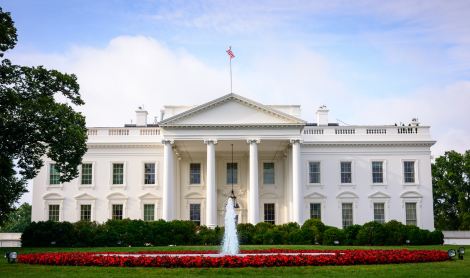By now, you’ve likely read the letter that the United States Department of Education shared with school chiefs letting them know that they should not expect federal testing waivers from the Education Department this year.
While it sparked some controversy, generally the decision won rare bipartisan support—and for good reason: testing remains an important measurement tool and during these unprecedented times, we must continue to gather the data needed to best serve students and families.
NACSA’s Guidance on Accountability and Testing in 2020-2021
Our position is outlined below, and we hope it can be the start of an ongoing dialogue and a useful resource in your work.
We support the implementation of statewide testing at some point in 2020-2021. However, we do not support using results from 2020-2021 annual statewide assessments for high-stakes accountability in 2020-21 for any public school, including charter schools. Instead, results from 2020-2021 assessments should be used for:
- Diagnostic purposes: Parents, educators, policymakers and others need to know where students are and to be able to support their learning.
- Targeting support: Assessments should help drive additional resources for schools with the most significant challenges in advancing student learning.
- Research purposes: It will behoove us all to have data that can help identify schools, districts, states, etc. that are finding ways of advancing student learning in the midst of the pandemic, as well as to learn about the effectiveness of multi-location learning and/or remote learning, and to share these emerging, promising practices.
Accountability remains important, even when annual state assessment data is not available, and even when some types of accountability are paused.
NACSA supports efforts to continue to hold schools, including charter schools, accountable in 2020-2021 for their record of student learning over time. Schools that have a record of success should not be unfairly penalized with uncertainty in future operations (e.g. short-term charter renewal when full term renewal is clearly warranted). On the other end of the spectrum, schools that have a record of significant underperformance should not be excused from accountability. States, authorizers, and districts may wish to alter how they exercise accountability, but simply giving schools a “pass” with a record of failure is not supported.
This means it is important to preserve the ability to enforce high-stakes accountability in 2020-2021 based on data from prior years. For charter schools, data to inform accountability decisions should include prior years’ assessments, as well as a range of agreed upon indicators such as those in the charter contract or performance agreement
Authorizers, states, and districts should continue to use a range of school/student performance, governance, financial, and operational outcomes in holding schools accountable. Therefore, some authorizers may need to reconsider the metrics they use to define school quality and evolve in how they work with their local communities and schools.
We recognize that not every authorizing context is currently structured in a way to allow for flexibility in measuring performance and accountability. NACSA supports and encourages authorizer efforts to work with policymakers and schools in amending charter contracts and performance expectations during this time to enable appropriate accountability. We also support state legislative action (when needed), allowing authorizers and charter schools to negotiate new accountability plans and come to agreements on new accountability performance expectations. To be clear, new performance expectations during the charter term should be limited to measures that are jointly agreed to by authorizers and schools and impacted by the pandemic. Also, any new plans and expectations should not be less rigorous; rather, they should account for the unique constraints of the 19-20 and 20-21 school years and find appropriate alternatives.
NACSA remains committed to being a resource and a thought partner throughout this time, and we hope you will reach out with questions, concerns, and lessons learned.


